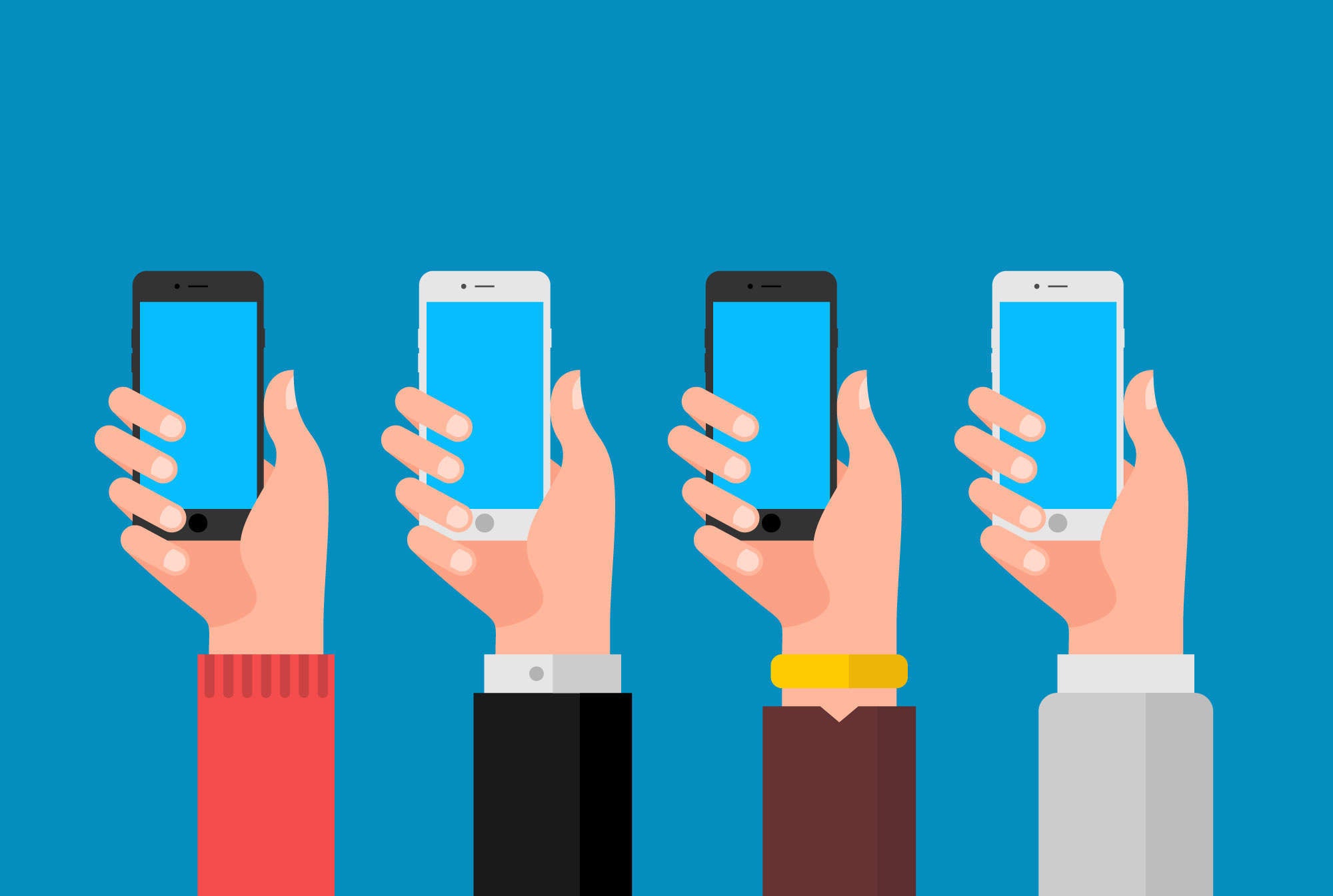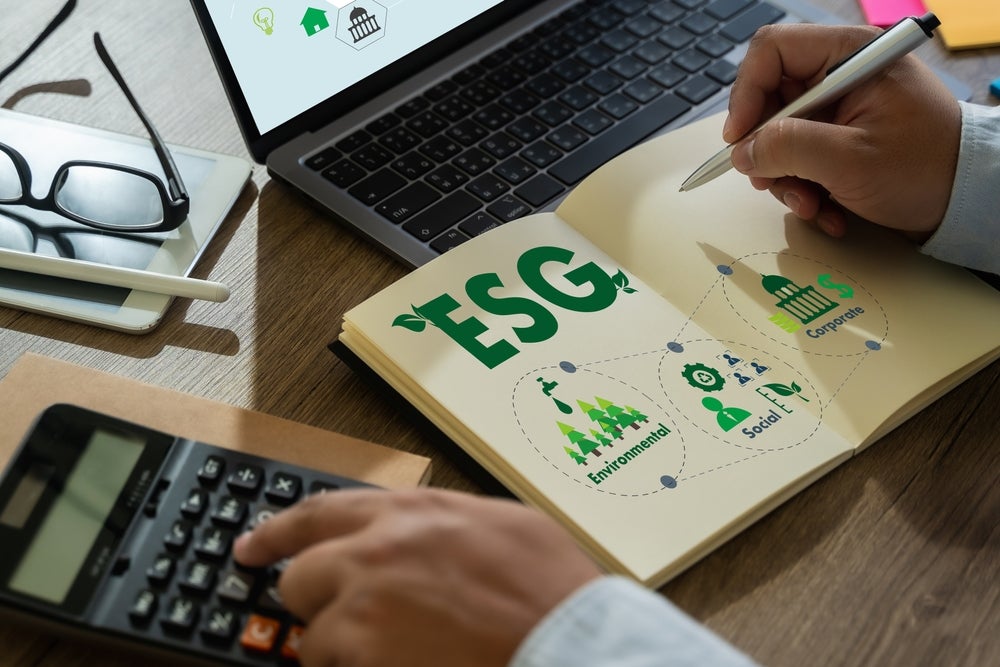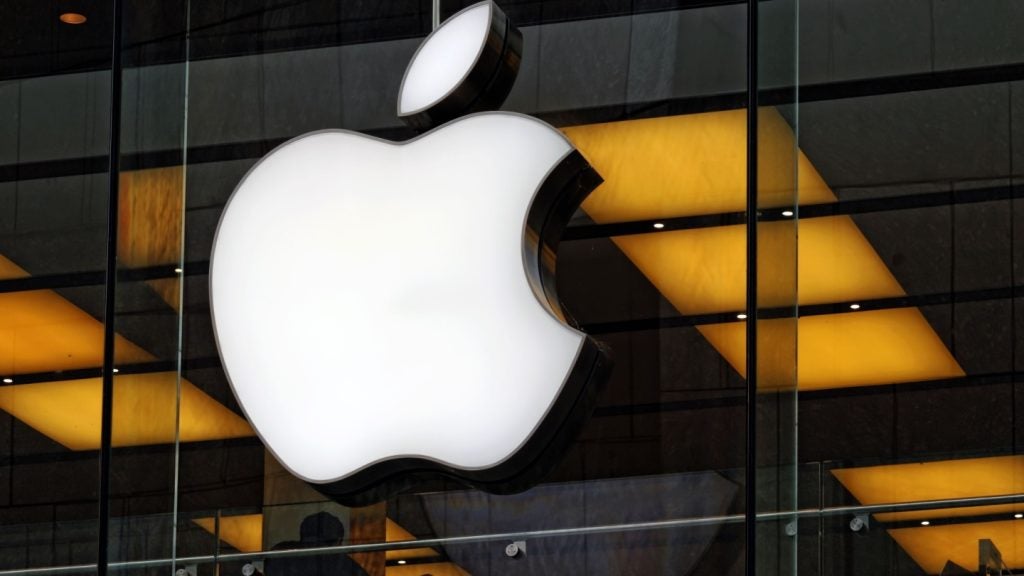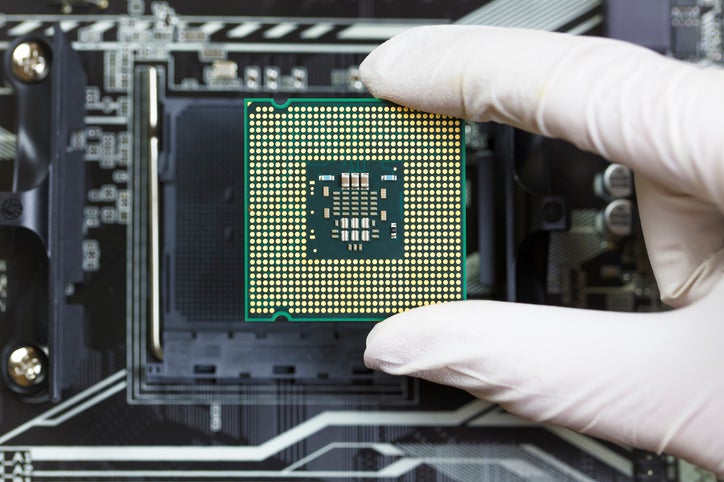
Apple and Samsung have finally settled a seven-year patent dispute over the design of the iPhone and the Samsung Galaxy S.
Filed in the US District Court for the Northern District of California, the two tech giants “have agreed to drop and settle their remaining claims and counterclaims in this matter”.
This should spell the end of the patent dispute in which Apple alleged that Samsung copied some of the hardware and software features of the original iPhone.
The terms of the settlement have not been disclosed and it is unclear whether Samsung has had to hand over more money to Apple.
This dispute is an example of the ongoing commercial struggles among smartphone manufacturers. Now that the two biggest manufacturers have put their dispute to rest, could this signal the end of the smartphone ‘patent wars’?
What is the Apple and Samsung patent dispute?
The dispute stretches back to 2011, when Apple accused its Korean rival of “slavishly” copying some of its product features, including the iPhone’s rectangular front face with rounded corners and the ‘slide-to-unlock’ feature. Initially seeking to block Samsung phones from the market, Apple had argued Samsung owes more than $1bn, while Samsung maintains that it only owes $28m.
How well do you really know your competitors?
Access the most comprehensive Company Profiles on the market, powered by GlobalData. Save hours of research. Gain competitive edge.

Thank you!
Your download email will arrive shortly
Not ready to buy yet? Download a free sample
We are confident about the unique quality of our Company Profiles. However, we want you to make the most beneficial decision for your business, so we offer a free sample that you can download by submitting the below form
By GlobalDataIn 2012, a jury ruled that Samsung must pay Apple more than $1bn, an amount later reduced to $450m by a federal judge.
In 2016, the dispute made it to the Supreme Court, where a judge ruled that a lower court should settle how much was owed.
Last month, a US court ordered Samsung to pay Apple $539m for infringing three design patents and two patented functions, following multiple appeals over the amount it owed. Samsung had already paid Apple $399m in compensation.
In a statement released last month, Apple said:
“This case has always been about more than money. Apple ignited the smartphone revolution with iPhone and it is a fact that Samsung blatantly copied our design. It is important that we continue to protect the hard work and innovation of so many people at Apple.”
Smartphone patent wars are nothing new
Since the smartphone market started growing rapidly in 2009, there have been numerous multi-jurisdictional patent disputes and countersuits fuelled by intense commercial competition. A finished smartphone might involve hundreds of thousands of patents, making disputes over patent infringement common and often lucrative.
Last year, Apple and Nokia settled an intellectual property dispute, in which the Finnish company alleged that Apple had violated its technology patents, with Nokia receiving a one-off payment of $2bn, as well as royalties.
In 2014, a judge ordered Samsung to pay $650m, plus royalties, to Ericsson, ending a two-year dispute over technology patents.
The potential for hefty settlement payments has seen the rise of patent trolls, companies that utilise patents and the court system to earn money.
Could this spell the end of smartphone patent wars?
For many, the end of the closely watched case marks the end of the patent wars that have become a staple of the smartphone industry over the past decade.
However, although the Apple and Samsung case is by far the most prominent, several other smartphone patent disputes are ongoing, with Apple and telecoms company Qualcomm currently involved in a legal battle regarding iPhone royalties.
Paul Berghoff, patent lawyer and founder of law firm McDonnell Boehnen Hulbert & Berghoff, believes that the nature of the smartphone market makes patent litigations inevitable:
“On the huge scale of the Apple and Samsung war, the likely answer is yes [the patent war is over], though we are still in early days of the Apple and Qualcomm war. However, there will no doubt be an ongoing flow of ‘typical’ patent litigation in the smartphone space because the market is so large and so competitive.”
Brian Love, assistant professor at the Santa Clara University School of Law, believes that this could signal the end of the patent war. However, as Apple moves closer to reaching $1tn market value, the damages gained from the settlement are negligible. He said:
“This settlement marks the official end of the ‘smartphone patent wars’. So, it seems like an opportune time to ask: After almost a decade of litigation, what was accomplished? I’d say very little. Yes, Apple likely recovered hundreds of millions in damages and settlement payments, but those amounts are tiny relative to its annual revenue and cash holdings.
“Apple never succeeded in taking any Samsung products off the market, nor in painting Samsung as a copier. To the contrary, Android’s market share grew significantly during this period, and today it often feels like Apple is the one following in Samsung’s footsteps when it comes to phone design and features.”





